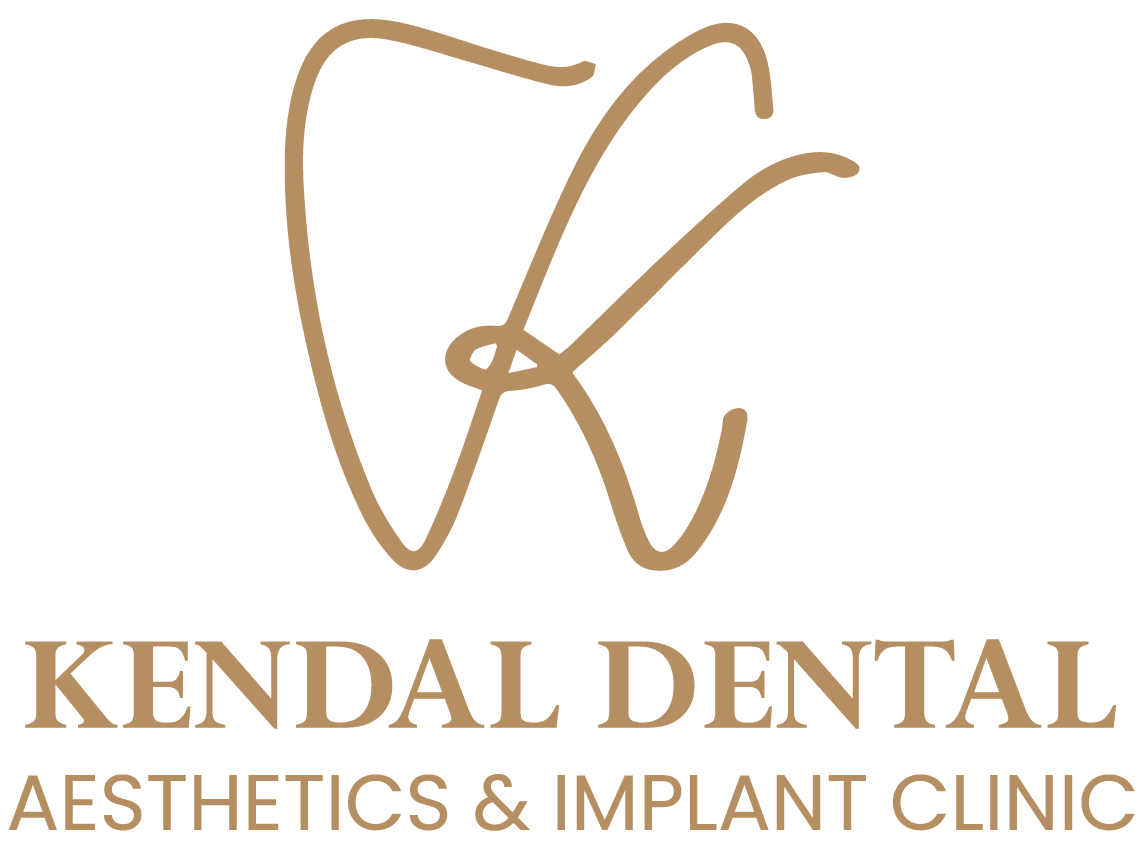Understanding the differences between NHS and private dental care is important when making decisions about your oral health. Both systems have unique benefits that cater to different needs, budgets, and treatment preferences. The NHS is focused on essential care at affordable, standardised costs, while private care offers flexibility, wider treatment options, and often shorter waiting times. By learning the key differences between the two, you can make a choice that suits your dental needs, lifestyle, and financial situation. This guide explores services, costs, access, and what you can expect from both NHS and private care.
NHS Dentistry – Essential Treatments
NHS dentists in Kendal are focused on maintaining and restoring oral health by providing treatments that are clinically necessary. This includes routine check-ups, fillings, root canal treatments, crowns, and dentures, all aimed at supporting long-term oral health and function. Cosmetic treatments are generally not available through the NHS unless there is a clear medical need. The goal of NHS dentistry is to make affordable and essential care accessible for everyone. For patients who want effective treatment without the added cost of cosmetic options, NHS services offer dependable support at a lower cost than private care.
How Can I Find an NHS Dentist in Kendal Accepting New Patients?
Private Dentistry – Flexibility and Choice
Private dental care offers patients far more flexibility in choosing treatments, appointment times, and materials. Unlike the NHS, private practices usually provide cosmetic services such as teeth whitening, veneers, bonding, and other aesthetic improvements. Patients also benefit from a wider choice of materials, such as porcelain crowns, and longer appointment slots for more detailed care. This type of dentistry is ideal for those who want more personalised treatment and a greater range of options. Private care can complement NHS services, especially for individuals seeking cosmetic improvements alongside essential dental care.
Appointments and Waiting Times
Access and waiting times differ between NHS and private services. NHS appointments may involve longer waits due to high demand and limited availability in some areas. In contrast, private practices usually offer quicker scheduling and more flexible hours, including evenings or weekends. This makes private care appealing to those with busy schedules who need faster access. However, NHS dentistry remains an important option for many patients, especially those seeking affordable treatment. When choosing between the two, consider how soon you need care and how much flexibility you require in scheduling appointments.
Treatment Options and Personalisation
When it comes to treatment variety, private dentistry offers a broader and more personalised approach. Patients have the freedom to choose cosmetic services, select higher-quality materials, and receive more time during appointments. In comparison, NHS dentistry is centred on essential functionality, ensuring that patients receive necessary treatments without focusing on cosmetic appeal. This means NHS care is suitable for maintaining oral health, but patients looking for a complete smile transformation may find private care more suitable. The choice depends on whether your priorities are clinical health, aesthetic improvements, or a mix of both.
Continuity and Comfort of Care
Private care often allows patients to see the same dentist consistently, building trust and improving continuity of care. This can be especially helpful for long-term treatment planning or for patients who feel anxious about dental visits. NHS care also provides continuity, but the availability of the same practitioner can vary depending on the practice. Patients who value seeing a familiar dentist may prefer private options, while those focused on cost and essential care may find the NHS more suitable. Both systems aim to deliver professional support, but the experience differs in approach and consistency.
Accessibility and Emergency Support
The NHS is structured to provide accessible care to all groups, including vulnerable patients. However, due to demand, securing urgent appointments can sometimes be difficult in certain regions. Private practices often have more flexibility to offer same-day or next-day emergency slots, making them a convenient choice for immediate care. Both NHS and private services handle emergencies, but the speed of access may differ. Patients who need guaranteed, faster emergency care may prefer private treatment, while the NHS remains a trusted, affordable option for those willing to navigate availability.
NHS Treatments Available
NHS dental treatments are grouped into three standard bands. Band 1 covers exams, X-rays, and preventive scaling. Band 2 includes fillings, extractions, and root canals. Band 3 covers complex procedures such as dentures, crowns, and bridges. This system ensures clear, predictable pricing for essential care. However, cosmetic treatments like teeth whitening and veneers are generally not included unless medically necessary. For patients who require functional and affordable dental care, NHS treatment bands provide a reliable framework. Private care becomes more suitable when patients want cosmetic enhancements beyond essential treatment.
Eligibility for NHS Dental Care
Everyone in the UK is eligible for NHS dental care, but availability depends on whether you are registered with an NHS dentist. Some groups, including children under 18, pregnant women, and people receiving certain benefits, qualify for free dental treatment. Registration is essential for access, and in some areas, practices may have waiting lists due to high demand. For patients unable to find a local NHS practice with availability, private care offers an alternative. Understanding eligibility rules helps patients plan their dental care and budget accordingly, whether NHS or private.
What to Expect from an NHS Appointment
During a standard NHS appointment, you can expect a check-up, X-rays if required, and professional advice for maintaining oral health. If treatment is needed, the dentist will recommend options that fall within the NHS system. The focus is on clinical need rather than cosmetic appearance. This makes NHS care practical and straightforward, though sometimes shorter in length compared to private visits. Private appointments, by contrast, often allow for longer consultations and more personalised discussions about treatment goals, including cosmetic improvements. Both approaches serve important roles in supporting dental health.
Costs of NHS Treatments
NHS dental care is structured into fixed price bands, which makes costs transparent and predictable. Band 1 treatments cover check-ups and basic care, Band 2 covers restorative treatments like fillings, and Band 3 includes complex work such as crowns or dentures. These costs are generally lower than private dentistry, which sets fees individually depending on the service. While the NHS offers affordability for essential care, private treatments often reflect higher costs due to the wider choice of services, materials, and appointment flexibility. The difference allows patients to choose based on budget and priorities.
Combining NHS and Private Care
Many patients choose to combine NHS and private treatments. For example, you may receive an NHS filling but opt for private teeth whitening. This approach allows you to benefit from affordable essential care while enjoying access to cosmetic treatments when desired. Both services must be billed separately, and it’s important to confirm arrangements with your dentist beforehand. Combining both systems provides flexibility, giving patients the best of both worlds. This can be a smart way to manage costs while still enjoying the benefits of private dentistry’s extended options.
If You’re Not Registered with an NHS Dentist
If you are not registered with an NHS dentist, it can sometimes be challenging to find practices taking on new patients. Registration is necessary to receive ongoing NHS treatment, but demand often exceeds availability. In this situation, patients may choose private care, which usually has fewer restrictions and more immediate access. Private dentistry removes the need for registration, allowing patients to book appointments directly. While the NHS continues to provide vital care, private dentistry ensures accessibility when NHS options are limited. This balance helps patients make informed choices about their dental health.
Maintaining Good Oral Health
Regardless of whether you choose NHS or private dental care, maintaining good oral health at home is essential. Brushing twice daily with fluoride toothpaste, flossing regularly, and reducing sugary foods all help prevent problems. Routine dental check-ups, whether NHS or private, are vital for early diagnosis of issues like decay or gum disease. Preventive care remains the foundation of a healthy smile, supporting both oral and general health. Whichever system you use, combining professional dental care with good daily habits is the best way to protect your smile in the long term.
Book Your Appointment Today
A brighter, healthier smile is within your reach. At Kendal Dental Aesthetics and Implant Clinic, we provide high-quality care tailored to your needs. Whether you are considering cosmetic treatments like teeth whitening or need essential dental care, our experienced team is here to help. We focus on patient comfort, clear communication, and lasting results. Don’t wait until a small issue becomes a bigger problem. Take the first step towards improving your oral health and confidence—book your appointment with Kendal Dental Aesthetics and Implant Clinic today and let us help you achieve the smile you deserve.
Frequently Asked Question
Can I switch between NHS and private dentists?
Yes, you can move between NHS and private care, even within the same practice. Just ensure you understand how each treatment is billed separately.
Are private dentists more qualified than NHS dentists?
No. All dentists in the UK meet the same qualification standards. The difference lies in treatment choice, time, and cosmetic options available privately.
Do private dentists offer emergency appointments?
Yes, many private practices offer faster emergency appointments than NHS services. However, both systems are capable of handling urgent dental needs.
Why do NHS appointments feel shorter?
NHS appointments are sometimes shorter due to high demand and structured time slots. Private appointments usually allow for longer, more relaxed visits.
Can I get cosmetic treatments on the NHS?
Cosmetic procedures like teeth whitening or veneers are not usually available on the NHS unless there is a medical reason. Private care offers more options.


